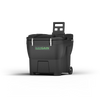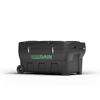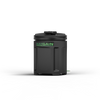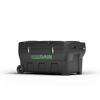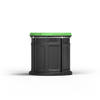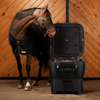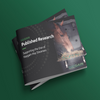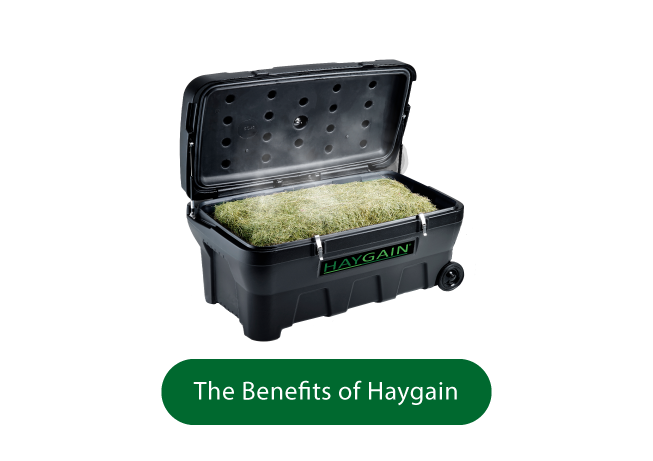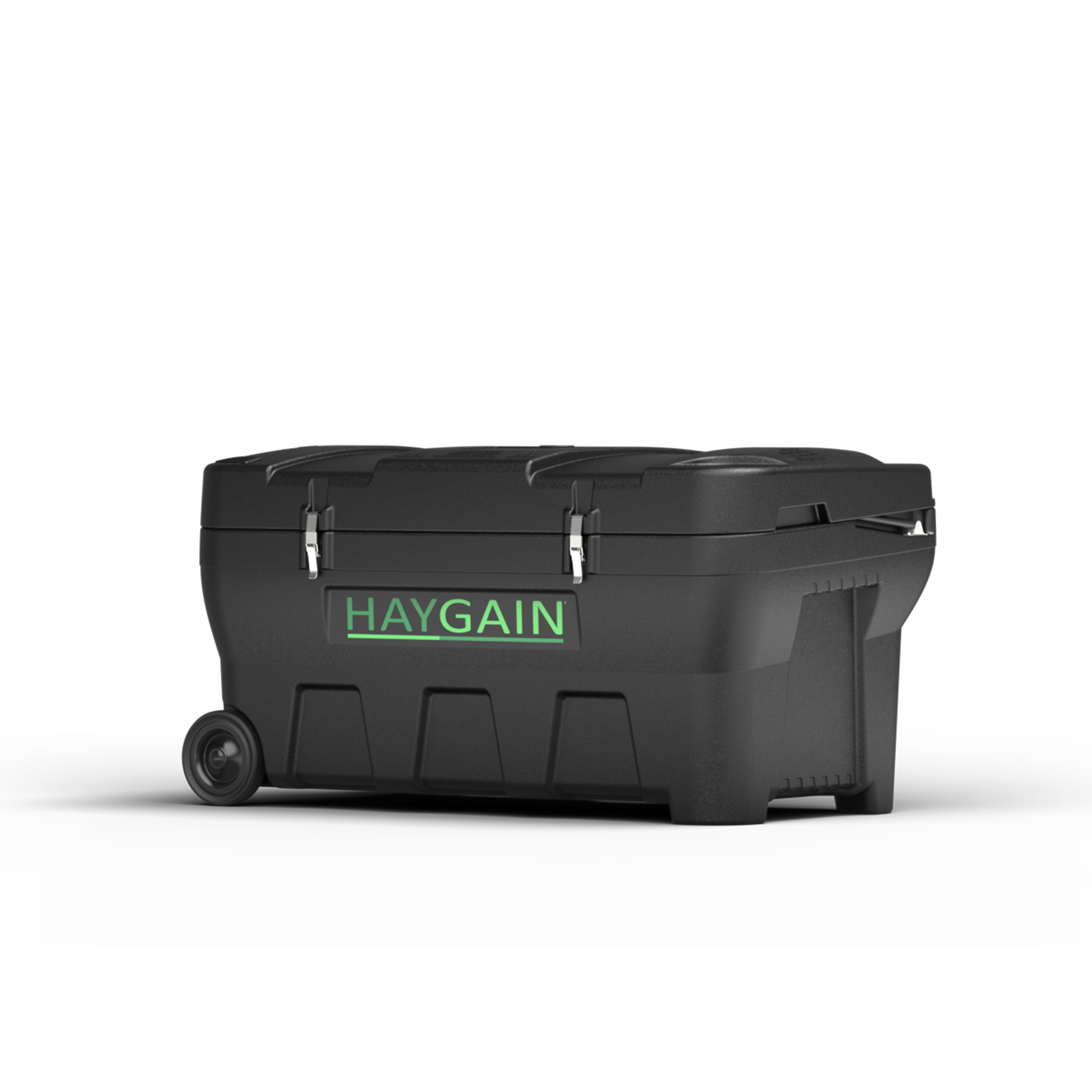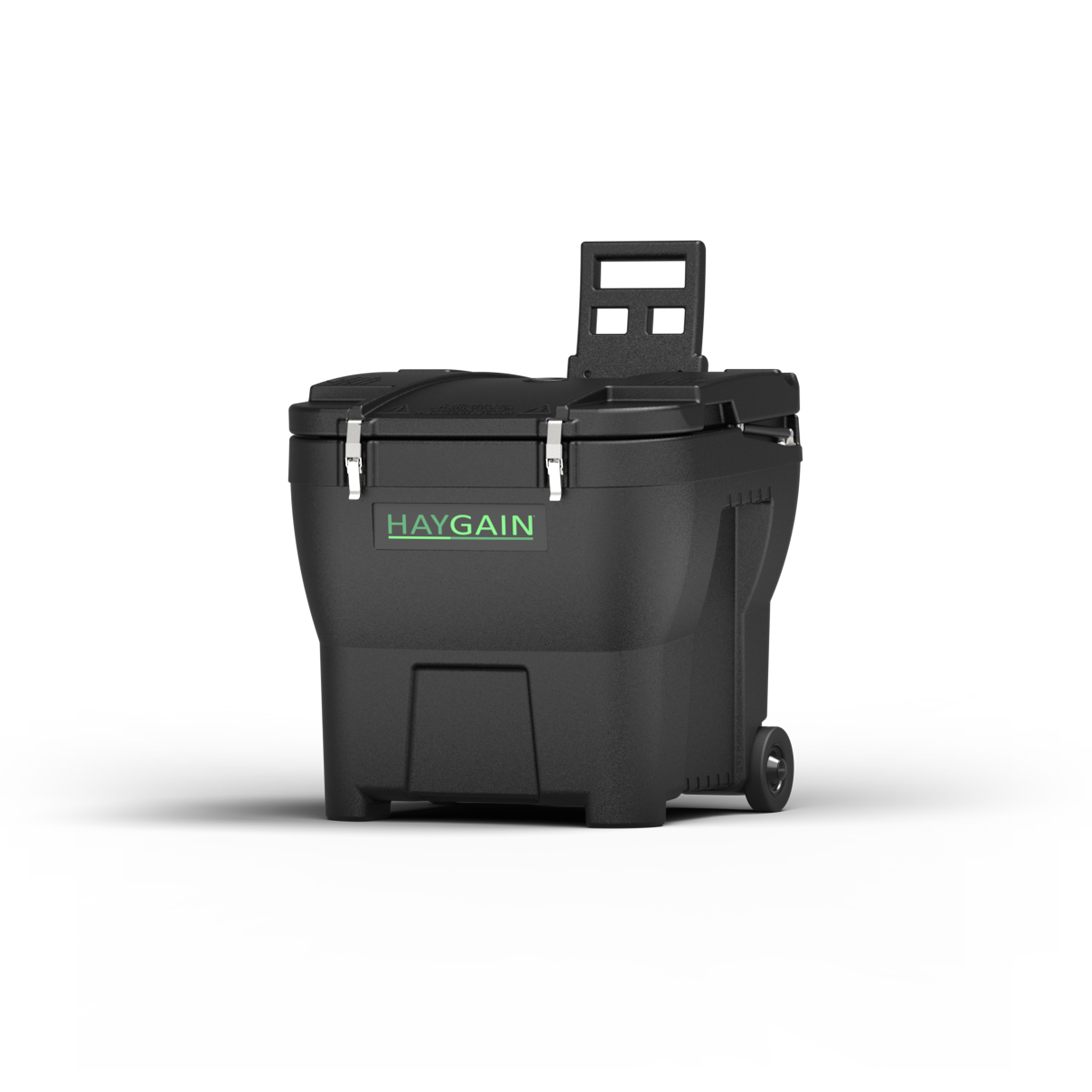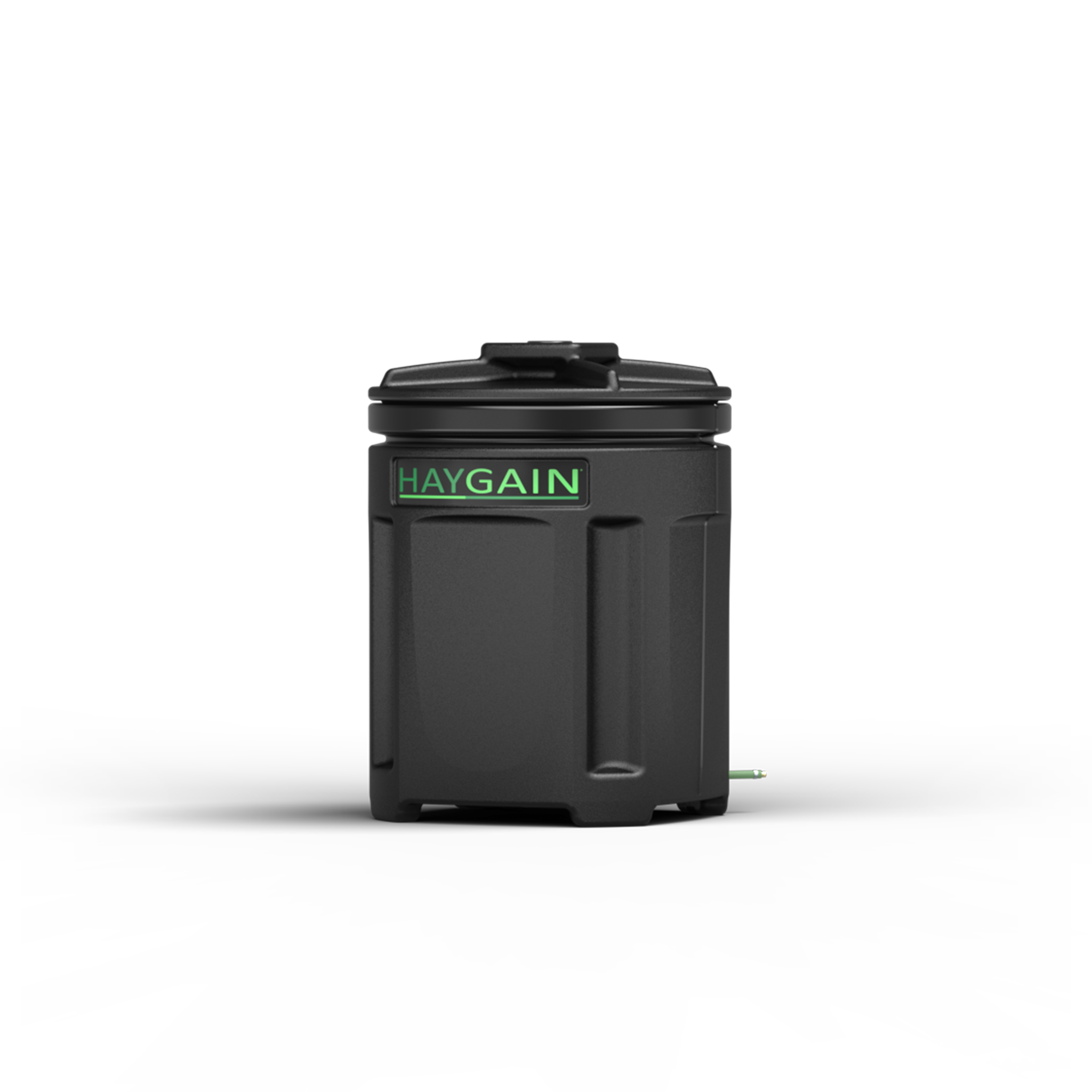Top Tips for Sustainable horse keeping
Even a few small changes in the way we keep our horses can make a difference to our carbon-hoofprint, and many come with additional benefits to boot.

Briony Witherow
Equestrian writer, 17/09/2020

For many, horse ownership and riding are happily (and unavoidably) much more than just a hobby – it’s a lifestyle, and one that often facilitates many contented hours outdoors. With this in mind, we are well incentivised to do our part in helping to reduce environmental impact and promote sustainable practices. Even a few small changes in the way we keep our horses can make a difference to our carbon-hoofprint, and many come with additional benefits to boot.
Besides the obvious, like energy saving light bulbs and basic recycling, what tweaks can we as horse owners make in the daily care of our horses to be more responsible, that might not only have a positive impact on the environment but also on our horse’s health? Challenge yourself to make just one change in each area of your horse’s management or take an active role in transforming your yard.

Reduce water and waste:
• Conserving rainwater is not only is this a tick in the box for sustainability, but your horse will thank you too! Horses (and other animals) often find rainwater more palatable than from the tap. Besides helping to fill water buckets, there are endless applications for rainwater, whether for the shy drinker when out competing or arena surface irrigation. Setting up guttering and water butts is relatively cheap and simple to do and now is an excellent time of year to get started. To ensure water quality remains high, clearing guttering and cleaning water butts or buckets should become part of your yard routine.
• When it comes to sustainable management, both automatic drinkers and buckets have their advantages and disadvantages and while water use is typically lower overall with automatic drinkers, these are not suitable for all. When it comes to buckets, this is where, as horse owners, we can perhaps make some changes. While the provision of clean water is an absolute must for all horses, when it comes to refreshing waters, in some cases we might be a little more discerning. Where water does need refreshing, we can put that water to good use rather than pouring it down the drain. Providing water is not heavily soiled, it can be collected in a centralised trough or bucket (with some chicken wire or mesh across the top to filter out the worst of the debris) and made use of for watering yard plants, soaking hay or washing down horses, buckets or boots. The applications are endless, however, as with all sharing of equipment and facilities, consider yard biosecurity and adapt recycling of water appropriately.
• How many of us turn on the hose and then leave it running while either walking from tap to bucket/horse or from stable to stable? Investing in a simple nozzle which allows you to turn the hose off and on at the business end may not only save time but also reduce water wastage, not to mention mess and the prospect of slippery yards in the winter!
• Avoiding overgrazing and compaction, along with regular poo picking and maintaining ditches and drainage channels can help to reduce the risk of surface water run-off and ground water pollution.
• In high traffic areas prone to poaching (gateways, water troughs etc.) consider laying grass matting (this helps to spread weight and reduce compaction and poaching), wood chip or gravel to help minimise damage.
• If you have specific winter pasture, design these fields so that they have more than one access point, trough or feeder to prevent poaching.
• When using electric fencing, remember to turn off when not in use. Consider making use of solar powered options - solar can also be used effectively for stable and arena lighting.

Optimise your forage management
• Are you feeding the right amount? Checking in with feeding amounts may be particularly useful if you are finding that there is a lot of wastage. Remember that the absolute minimum fibre intake should be 1.5% of a horse’s bodyweight on a dry matter basis
• When it comes to forage and concentrate feed, consider the packaging. If you feed haylage, are the bags recyclable (many now are) and can you minimise plastic use further by selecting the optimum bale size for your yard? For concentrate feeds and supplements the same applies. For supplements in particular, many companies now offer refill options to help us reduce and reuse plastic containers.
• Are you soaking or steaming? Hay can be soaked for short periods to reduce respirable particles and for longer periods to reduce sugars (and thereby calorie content). If soaking to reduce respirable particles, consider steaming as a more effective option, which also has the added benefit of improving the hygienic quality, increasing palatability and so reducing potential wastage. In addition to this, steaming is less labour intensive, less messy (particularly in the winter) and uses less water. If this isn’t an option for you, consider how you can recycle water from other parts of your management for soaking. However, remember to dispose of the water from soaked hay responsibly – the effluent from this has a high biological oxygen demand meaning that it is classed as a pollutant and poses damage to the environment if not disposed of correctly.
If these tips inspire anything, next time you walk around your yard, have a think about the small ways in which we as horse owners, might be able to streamline our management and get creative with the endless potential for recycling and reducing waste on your yard. We’d love to hear some of your top tips #carbonhoofprint.
